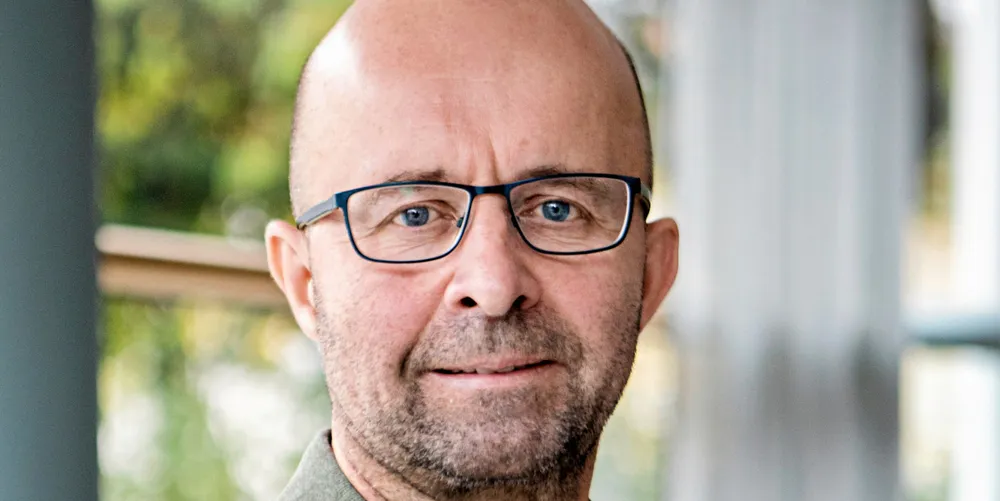Sweden's long-awaited permit update could benefit the country's land-based aquaculture sector
'As Swedes, we rather work in our own country, so this situation is quite sad for us,' a Smogenlax executive told IntraFish.

'As Swedes, we rather work in our own country, so this situation is quite sad for us,' a Smogenlax executive told IntraFish.
